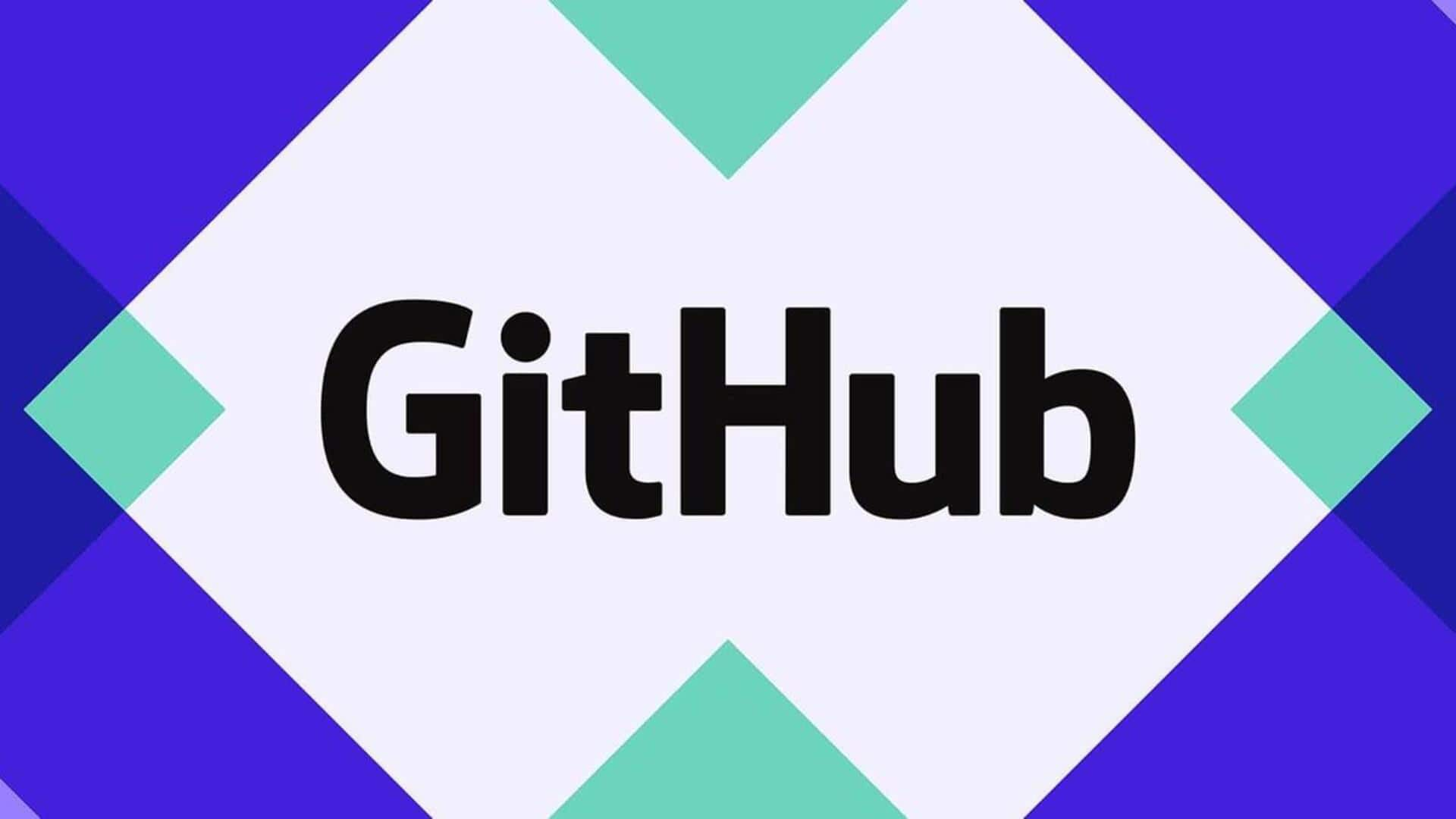
Democratizing AI: GitHub now offers free access to cutting-edge LLMs
What's the story
GitHub, a leading cloud-based platform owned by Microsoft and used by over 100 million developers worldwide, has launched a new feature called "GitHub Models." This innovative platform allows users to experiment with various AI models such as OpenAI's GPT-4o, Meta's Llama 3.1, and Mistral's Large 2 at no cost. The primary objective of GitHub Models is to make AI models more accessible to developers.
User experience
Seamless integration with existing tools
GitHub Models is designed to seamlessly integrate with existing tools, enabling developers to test different prompts and model parameters without leaving their current environment. In a blog post, GitHub explained this integration by stating, "if you like what you're seeing on the playground, we've created a glide path to bring the models to your developer environment in Codespaces and VS Code." This feature is expected to significantly speed up the development of AI applications from prototype stage to production.
Accessibility
GitHub Models: A playground for all
The new interactive platform is not just for developers. It also caters to students, startups, and hobbyists interested in exploring the latest models from companies like Meta, OpenAI, and others with a single click. This feature positions GitHub as a direct competitor to HuggingFace, which hosts popular AI models but lacks the integration and advanced tools offered by GitHub.
Data security
GitHub Models ensures user data privacy
GitHub has assured users that it will not share outputs or prompts with providers or use them for training or improving existing models. This commitment to data privacy further enhances the appeal of GitHub Models. The new feature is currently available in public beta for a select group of users who must sign up for a waitlist.